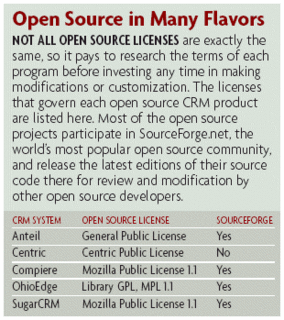Three reasons why people are motivated to be creative:
1. Need for novel, varied, and complex stimulation
2. Need to communicate ideas and values
3. Need to solve problems
So now the question comes what you need/require to be creative or how to be creative?
In order to be creative
you need to be able to view things in new ways or from a different perspective.
you need to be able to generate new possibilities or new alternatives.
you need the ability to generate alternatives
you need to see things uniquely
you need to have more fundamental qualities of thinking, such as
- flexibility
tolerance of ambiguity
and the enjoyment of things heretofore unknown.




